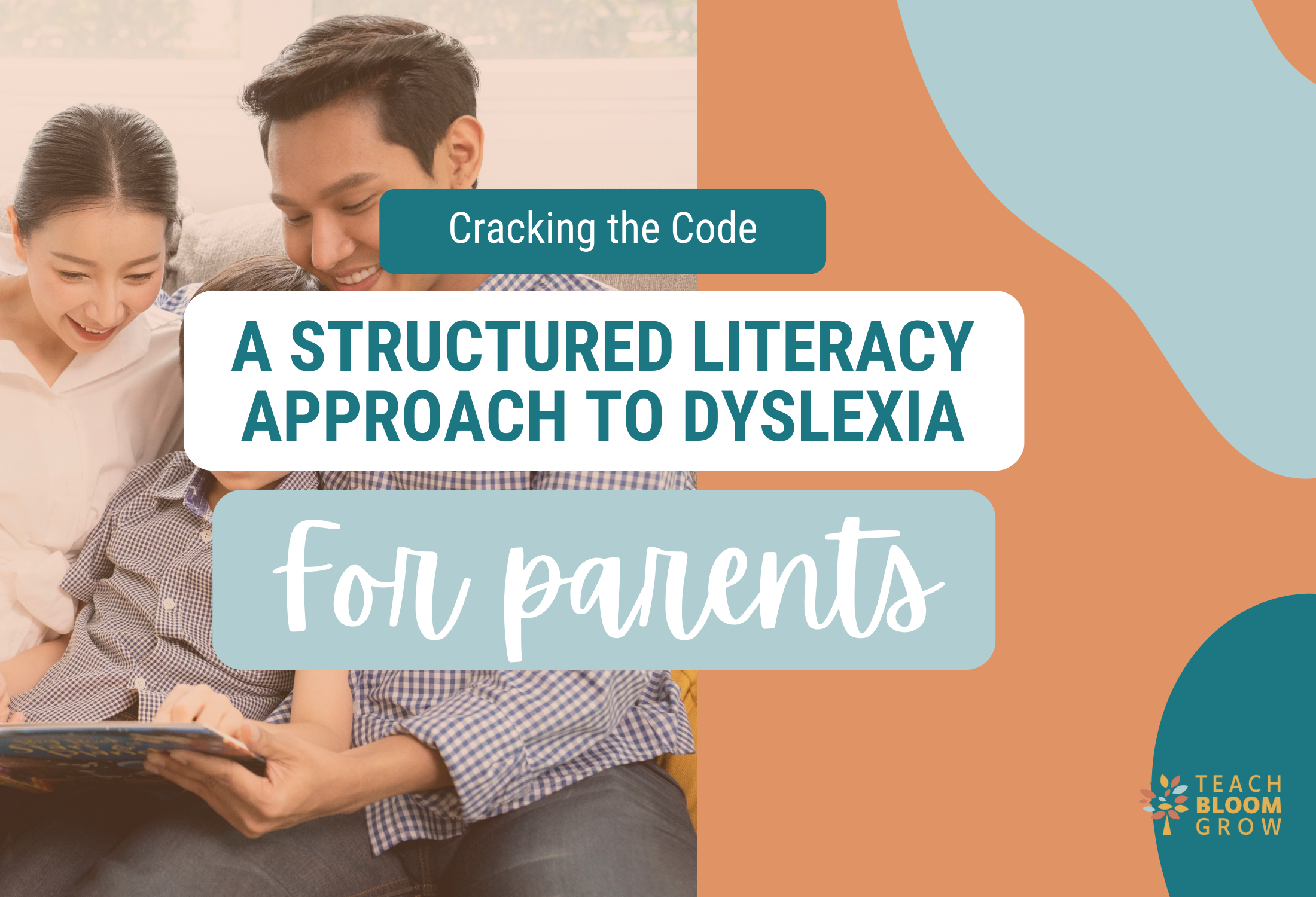Cracking the Code: A Structured Literacy Approach to Dyslexia for Parents
Dyslexia is often described as a "code" that needs to be cracked. Children with dyslexia struggle with reading because they have difficulty understanding the relationship between sounds (phonemes) and letters (graphemes). Thankfully, studies and research help identify ways parents and teachers can support children. For example, a structured literacy approach offers a clear, systematic way to teach children how to decode written language, ultimately helping them crack that code. Understanding this approach and how you can support your child is crucial for their success. Thankfully, focusing on cracking the code: a structured literacy approach to dyslexia for parents is here to help!
Understanding Dyslexia
Dyslexia is a specific learning disability primarily affecting reading, spelling, and writing skills. Essentially, it deals with how the brain processes written and spoken language. People with dyslexia often have difficulty decoding words, recognizing letter patterns, and linking sounds to letters. This can lead to challenges in reading fluency and writing and can make students feel very overwhelmed.
The Unique Characteristics of Dyslexia
When a child has dyslexia, there are several characteristics to look for.
For instance, a child may have difficulty with phonological processing. This is the ability to recognize and manipulate sounds in language. People with dyslexia often struggle with rhyming, segmenting words into syllables, and blending sounds. Children may also read with fluency challenges. Reading speed is frequently slower than average, even for simple words. People with dyslexia may read with frequent hesitations, omissions, or reversals. Additionally, children may have spelling and writing difficulties. Spelling tends to be inconsistent. A person with dyslexia may spell the same word differently in the same piece of writing (e.g., "teh" for "the"). Writing may also be disorganized, with difficulty forming coherent sentences or structuring paragraphs.
How Dyslexia Can Impact Reading and Writing
When a child has dyslexia, their reading and writing will see the greatest impact.
While reading, dyslexia leads to difficulty in decoding words and understanding the meaning of the text. While comprehension may be strong, the effort needed to read can hinder the ability to focus on what the text is saying.
While writing, dyslexia can cause problems with spelling, punctuation, and grammar. People may have difficulty organizing their thoughts in writing, leading to incomplete or jumbled sentences. Additionally, reversals of letters and words are common along with the omission or repetition of words.
Supporting Individuals with Dyslexia
When cracking the code: a structured literacy approach to dyslexia for parents does not need to be stressful!
Here are some helpful tips to gain amazing insight!
Structured literacy
Structured Literacy is a research-based, explicit, and systematic approach to teaching reading and writing. It focuses on teaching the core components of language systematically and in a logical sequence. This is critical for children with dyslexia. Unlike traditional "whole language" methods, which focus on recognizing words through context and memory, structured literacy teaches students the rules of how language works. This means breaking down words into smaller components and teaching how these components interact.
Book Studies
Books are an amazing tool to lean tips, tricks, and strategies. Personally, I love Hopeless to Hopeful: A Mom’s Guide to Raising Children with Special Needs and Staying Inspired. This book showcases the importance of modeling a balanced life for children, which they can then create.
Seek Support
Follow up with scheduling academic screening offers to see how your child is doing in reading and writing. Are they on grade level? What are their strengths? Set up an appointment to call to book your child's session.
When cracking the code: a structured literacy approach to dyslexia for parents is the way to go! This amazing process breaks down the reading and writing process for children without causing unnecessary stress!
If you do not want to miss any of the upcoming lessons, join my email list to be notified of all the interactive lessons coming up! By joining the email list, you will receive freebies for blog exclusive subscribers!



